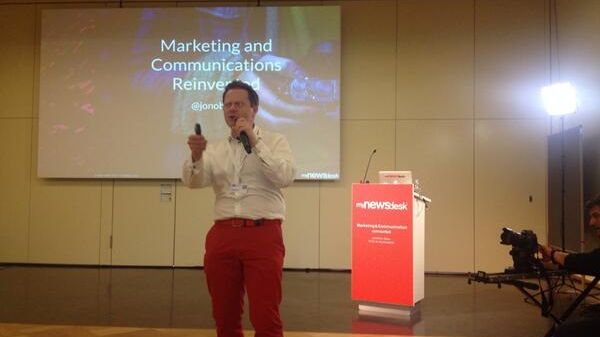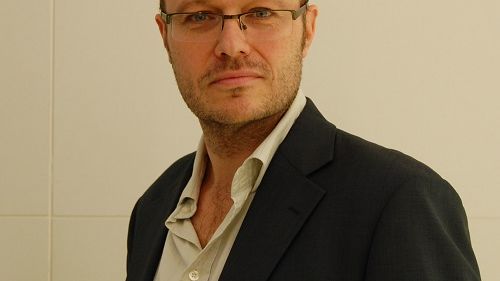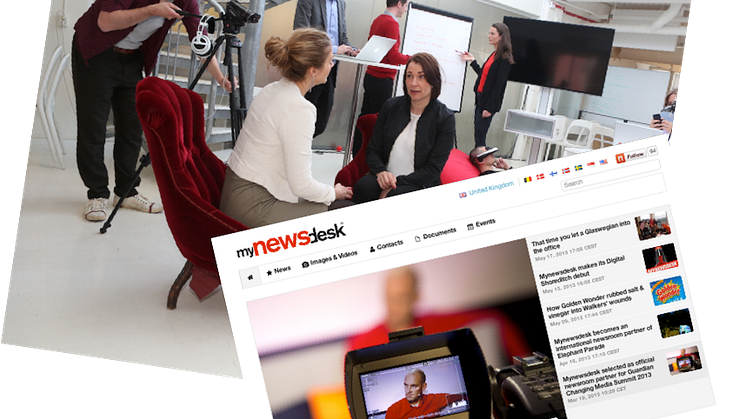
Blog post -
The reputation economy: why communicators need a seat at the top table
Recently the Harvard Business Review released their Top 100 CEO list. The findings of that research study, and in particular the way it was put together, tell me that, after the CFO, the top communicator at any company is the CEO’s most important team member.
Ultimately, the new annual study ranked CEOs in terms of Total Shareholder Returns (TSR) over a 5 year period. Jeff Bezos from Amazon was at no 1.
However those that led the research admitted that TSR alone was not a valid measurement of a CEO's success. So what other non financial value drivers did they turn too?
Was it product quality? Level of innovation? Corporate Social Responsibility? Was it employee satisfaction? Corporate governance?
No, it was none of these. It was based on a concept that combines all of the above. Reputation.
Harvard Business Review commissioned the New York based Reputation Institute to rank the CEOs according to their RepTrack model. It uses 7 factors which it suggests leads to the emotional development of esteem, admiration, trust and feeling for an organisation and its products and services.

It is a model I have used for years when consulting clients on either new or existing communications and reputation management programmes.
I believe it is really significant that this model out of the many thousands of business frameworks and theories that has been chosen to rank CEO success by the Harvard Business Review.
Let's take a look at the 7 factors and questions I always use as my starting point with clients...
Products & Services
Do your products and services, in terms of either quantity or quality, differentiate you from the competition?
Innovation
Is your level of innovation a clear differentiator in the market? Do you release products and services more quickly, cheaply and/or of better quality than your competitors?
Workplace
Are your people your key competitive advantage? If so, talent management could be the key to future success. Do you aim to be the world’s best employer and workplace? What are you doing to ensure this happens?
Governance
Does the governance of your business give you a market advantage? Be it a certification, relationship with a regulator or simply a great leadership team, board or group of advisors?
Citizenship
Does your organisation have a triple bottom line? Does it recognise the need for societal as well as economic and emotional benefits of the your product? If so, this could be your key differentiator in the market. This factor is viewed more and more as a significant differentiator among both your customer and talent/employee target groups.
Leadership
Does your organisation and/or members of your leadership team possess a particularly visionary or thought leadership position in the market you serve? Is the leadership of your organisation transformational or transactional and how does that relate to your market position?
Performance
Does your past and present business performance, often financial, tell a story about the success of your organisation in relation to the competition? This is often important in conservative industries or geographic markets that demand high trust before engaging with a new product or service.
If so, how can this be developed into news stories which are interesting to your target audience(s) and solve a known pain point amongst this target group?
Europe Leads the Way in Reputation
While the study did admit that there was no direct correlation at this stage with the top performing companies in terms of TSR and the top performing companies in terms of reputation, one trend is clear - Europe leads the way in terms of CEOs and their organisations' reputation.
Of the top 10 companies with the best reputations, 7 are European:

This data leads me to the conclusion that the stronger focus on stakeholder management and leadership in European companies as opposed to the shareholder focus of most US companies has led to this development.
Whatever the case, one thing is for sure, we are in the reputation economy.
We all know that reputation can make or break both companies, products and individuals . I would say that if your top reputation builder at a company (and that is usually a communicator / PR professional) does not have a seat at the top table then get them one quickly.
It could be the difference between your organisations and even your own personal success or failure.









